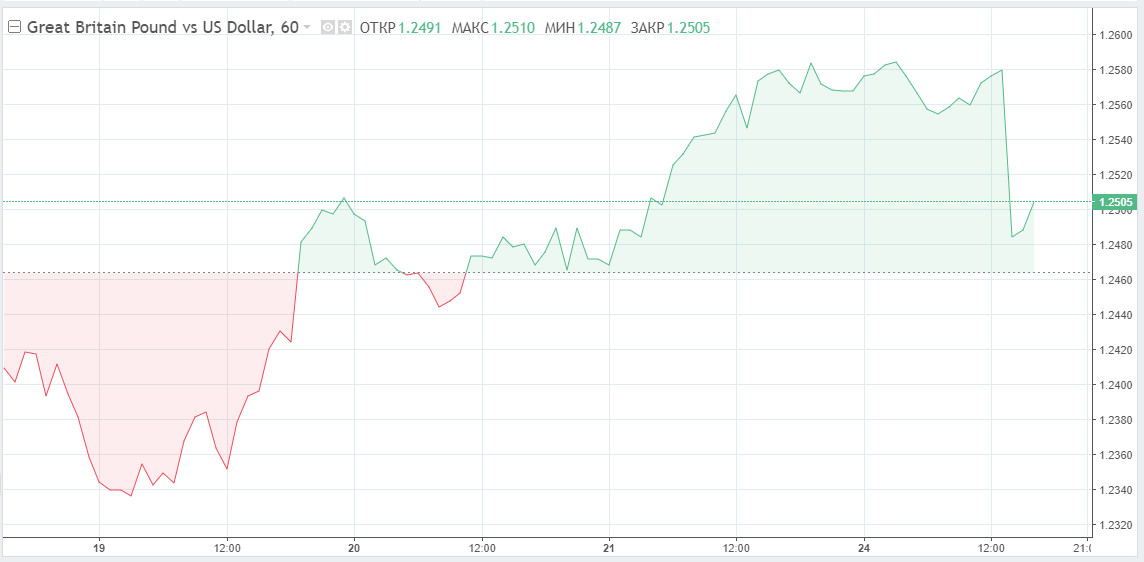
Grocery price inflation in the UK reached 7% over the past four weeks. The price of groceries has increased at its fastest rate for 13 years. More than a fifth of British households are struggling to make ends meet.
An expert from leading international market research agency Kantar reported today that 22% of buyers faced financial difficulties, with the rising price a concern for more than nine in 10 of these people. Thus, the rising food costs are now the second most important issue in the UK, following skyrocketing energy bills.
According to a Kantar study, dog food, savoury snacks and fresh meat saw particularly sharp price rises, although spirit prices slipped.
In recent months, the price growth in the United Kingdom seems to have been shocking. In April, for example, electricity prices and taxes rose sharply. Last week's data showed that UK inflation had soared to 9%, its highest level for more than 40 years. Moreover, the Bank of England has suggested inflation could peak at 10% later this year.
Such a sharp increase in the cost of living has also had an impact on consumption levels. A Kantar study showed that supermarket sales dropped by 4.4% year-on-year in just three months. In the last month, sales fell by 1.7%.
Despite tight budgets, British analysts hope supermarket sales will rebound during the Queen's Platinum Jubilee. Spirits, soft drinks, barbecue foods, and desserts are expected to be particularly popular over the long weekend of June 2-5. For instance, in 2012, on the occasion of Elizabeth II's Diamond Jubilee, there was a 10% boost in supermarket sales during the week leading up to the festivities.
The Times reported today that the UK intends to do whatever it takes to prevent another food crisis in the country. For example, the UK government plans with its allies to send warships to the Black Sea to protect freight ships conveying Ukrainian grain overseas. Lithuanian Foreign Minister Gabrielius Landsbergis and British Foreign Secretary Liz Truss have already discussed a 'protective' corridor to Odesa.
According to The Times, the plan would see British allied navies clear the area around the port of mines to ensure the safe transportation of vital products. Long-range missiles will also be deployed to deter any Russian attempts to disrupt grain exports from Ukraine.
Pentagon chief Lloyd Austin recently mentioned Denmark, which is about to provide Ukraine with long-range anti-ship missiles to defend freight ships exporting grain.
In today's trading, the pound slumped on the back of a stronger dollar. The ICE index, which shows the movements of the dollar against the six major currencies, added 0.18% on Tuesday, while the WSJ Dollar Index was up by 0.17%. Meanwhile, the pound failed to consolidate, falling from $1.2588 to $1.2505.
In yesterday's trading session, the pound hit a two-week high, as general weakness in the dollar allowed the British currency to continue its rebound from two-year lows. Due to fears about the prospects of a severe economic downturn in the UK, the pound sagged by more than 4% in May.

 English
English 
 Русский
Русский Bahasa Indonesia
Bahasa Indonesia Bahasa Malay
Bahasa Malay ไทย
ไทย Español
Español Deutsch
Deutsch Български
Български Français
Français Tiếng Việt
Tiếng Việt 中文
中文 বাংলা
বাংলা हिन्दी
हिन्दी Čeština
Čeština Українська
Українська Română
Română

